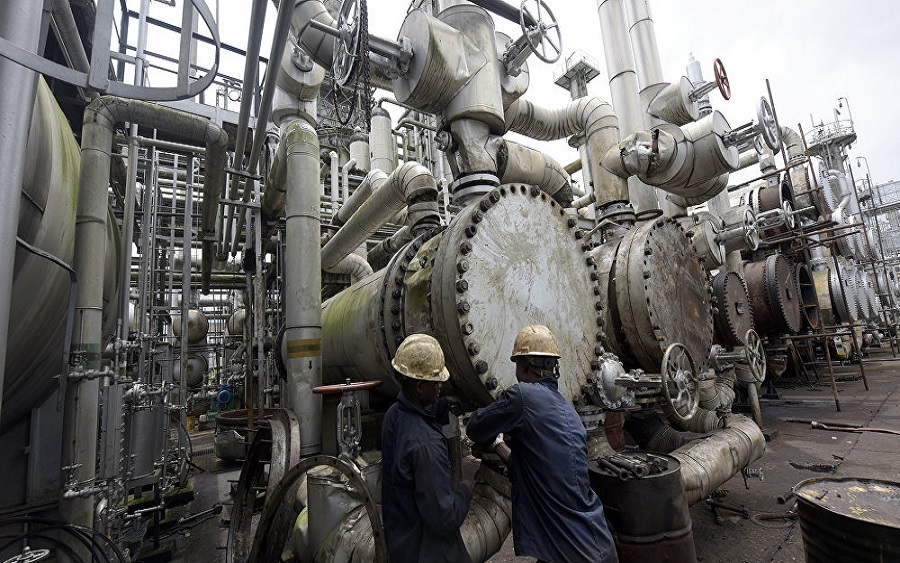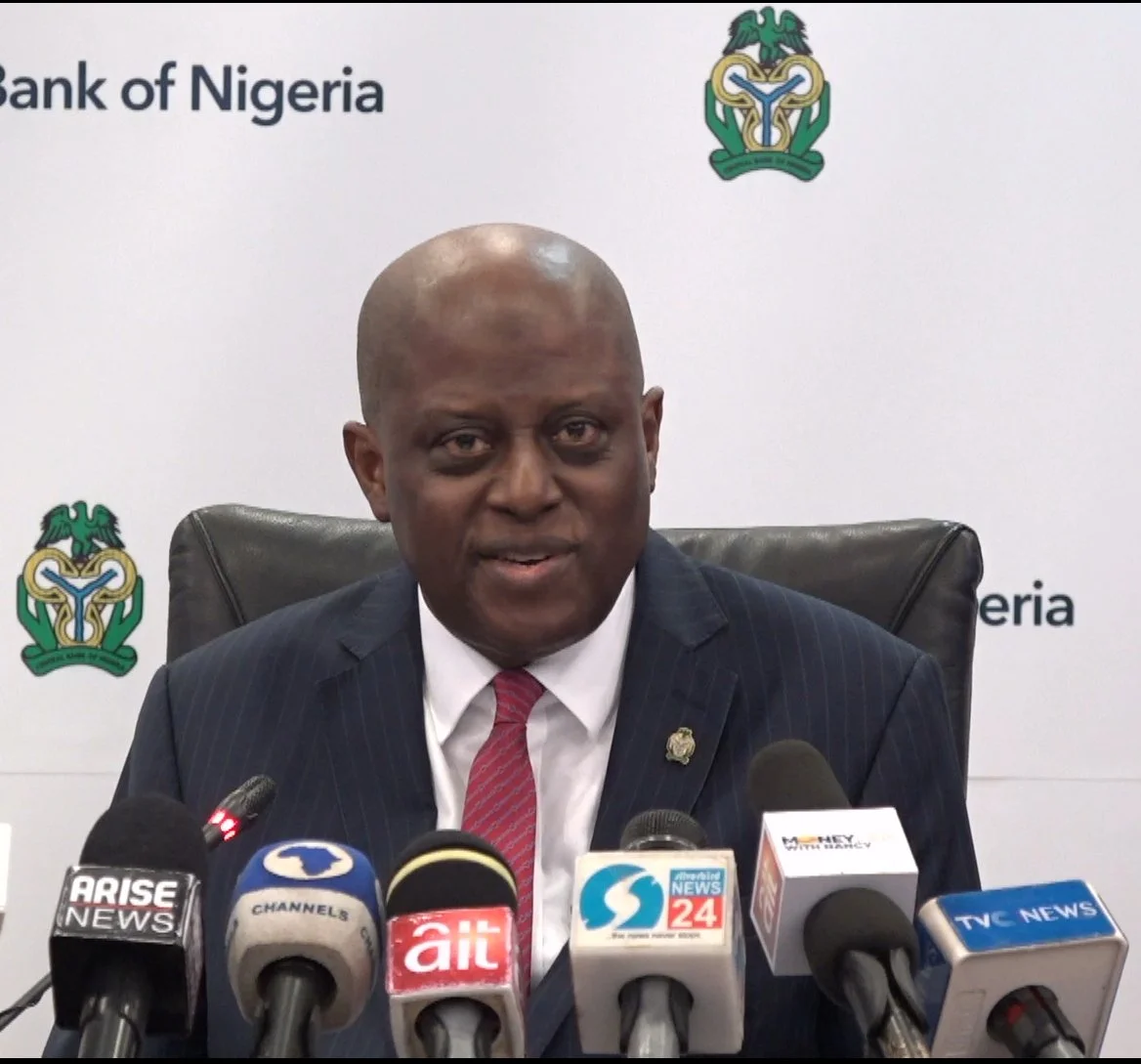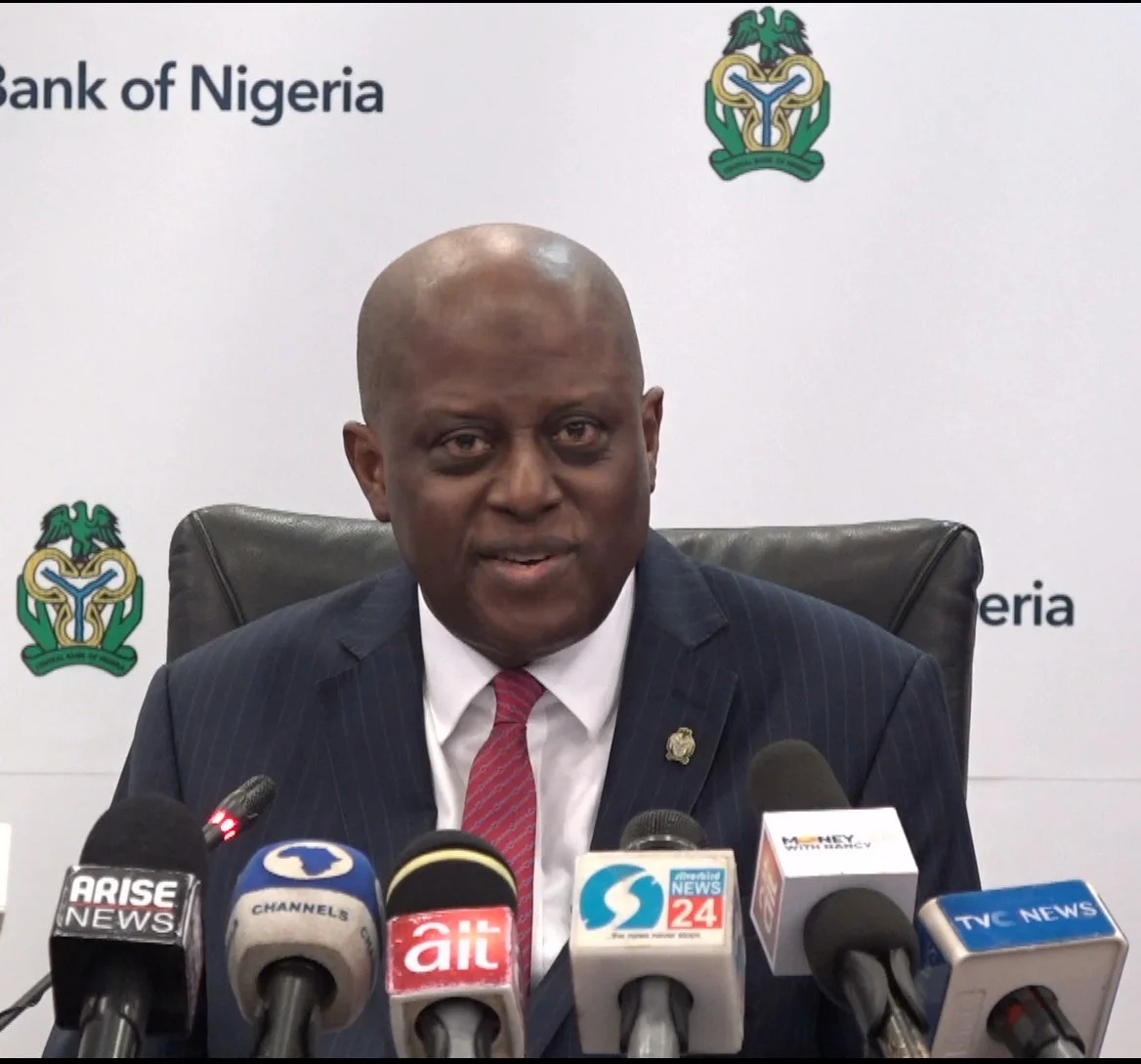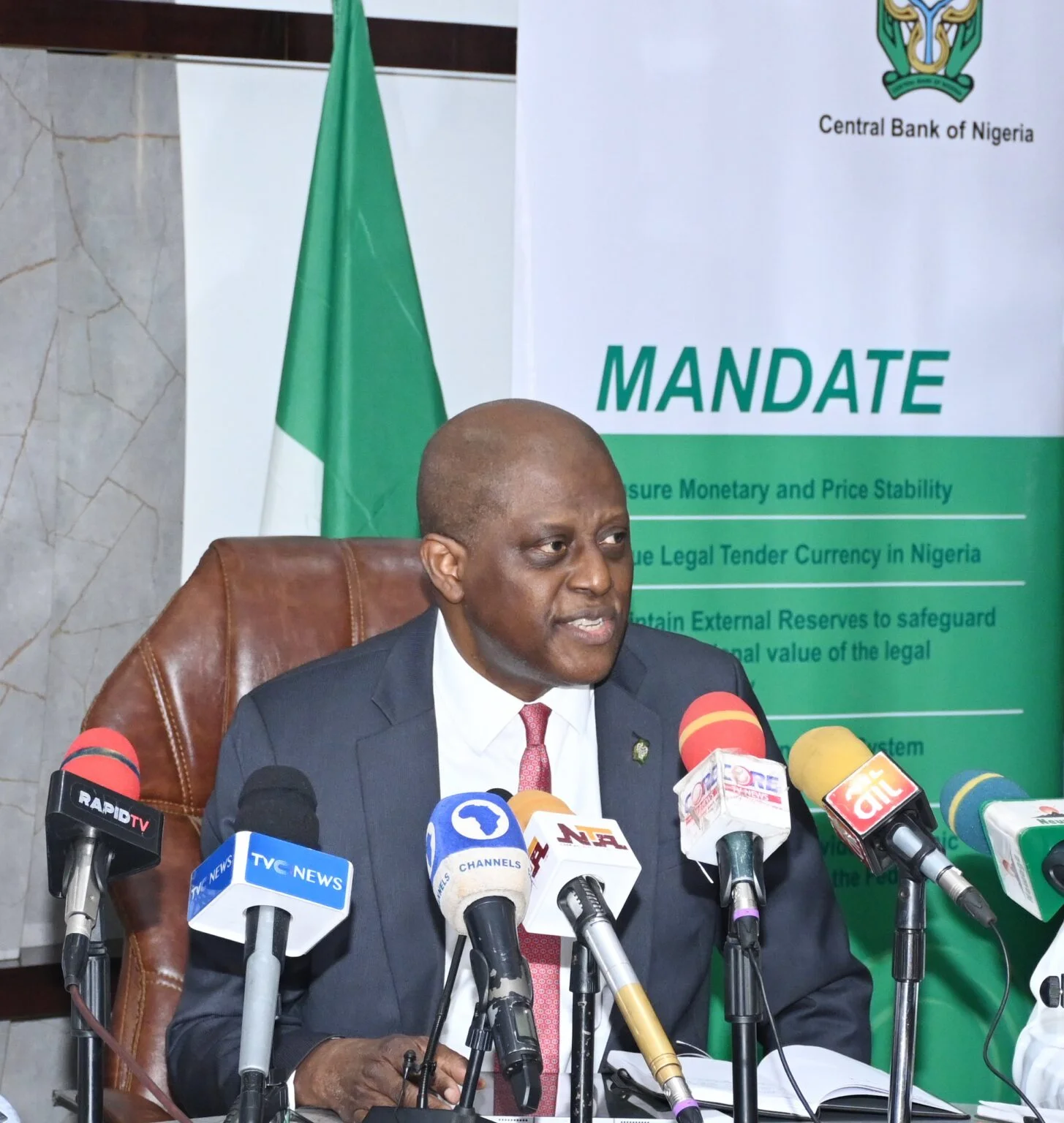Nigeria’s leading oil and gas workers’ union has urged the federal government to adopt a private-sector-led model for the nation’s moribund refineries, warning that political interference continues to undermine efficiency.
Speaking in Abuja at the 4th PENGASSAN and Labour Summit, union president Festus Osifo said the government should mirror the Nigeria Liquefied Natural Gas (NLNG) model—where private partners hold a 51 per cent stake—arguing that such an approach would insulate the industry from politics and ensure professional management.
Osifo cautioned that unless exploration and production accelerate, Nigeria’s 37 billion barrels of crude reserves will remain underutilised, limiting revenues that could otherwise fund infrastructure, education and healthcare. He urged policymakers to emulate the Gulf model of using oil revenues for long-term diversification, citing Dubai’s transformation as an example.
On governance, he praised the recent marginal oilfield licensing round as the most transparent in Nigeria’s history, contrasting it with politically motivated allocations that, he said, had bred inefficiency. He also accused 11PLC of anti-labour practices and warned that PENGASSAN would resist attempts to suppress union rights.
Felix Ogba, Executive Secretary of the Nigerian Content Development and Monitoring Board (NCDMB), told delegates that human capital remains central to Nigeria’s energy future. He stressed that investments in STEM education, vocational training and technical research were vital if the workforce is to adapt to global energy transition and automation.
“Human capacity is the true oil that will sustain Nigeria’s industry for generations,” he said.





